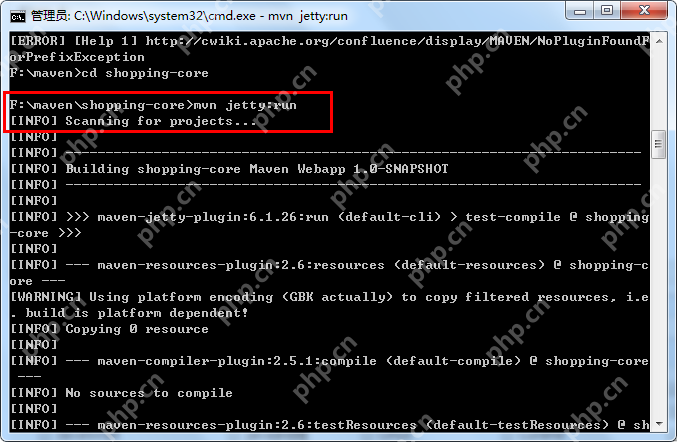“who” 作為人稱代詞,指代某個(gè)人或某群人的身份,用法包括:主語(yǔ)、賓語(yǔ)、形容詞性詞組和疑問(wèn)代詞。此外,”who” 還可作相對(duì)代詞、不定代詞和感嘆詞。

Who 是什么意思?
含義:
“Who” 在英語(yǔ)中主要用作人稱代詞,表示第三人稱單數(shù),指的是某個(gè)人或某群人的身份。
用法:
- 作為主語(yǔ):Who is knocking at the door?
- 作為賓語(yǔ):I know who sent this letter.
- 作為形容詞性詞組:this is the person who helped me.
- 作為疑問(wèn)代詞:Who went to the store?
擴(kuò)展用法:
除了作為人稱代詞外,”Who” 還有一些其他的用法:
- 相對(duì)代詞:表示非限制性定語(yǔ)從句的主語(yǔ)。例如:The boy, who is only 10 years old, is already a talented pianist.
- 疑問(wèn)詞:用于詢問(wèn)一個(gè)人的身份。例如:Who is the president of the United States?
- 不定代詞:表示未知或不確定的人。例如:Whoever finds my lost wallet will be rewarded.
- 感嘆詞:表示驚訝或強(qiáng)調(diào)。例如:Who would have thought that we would win the championship!






.png)
推廣.jpg)